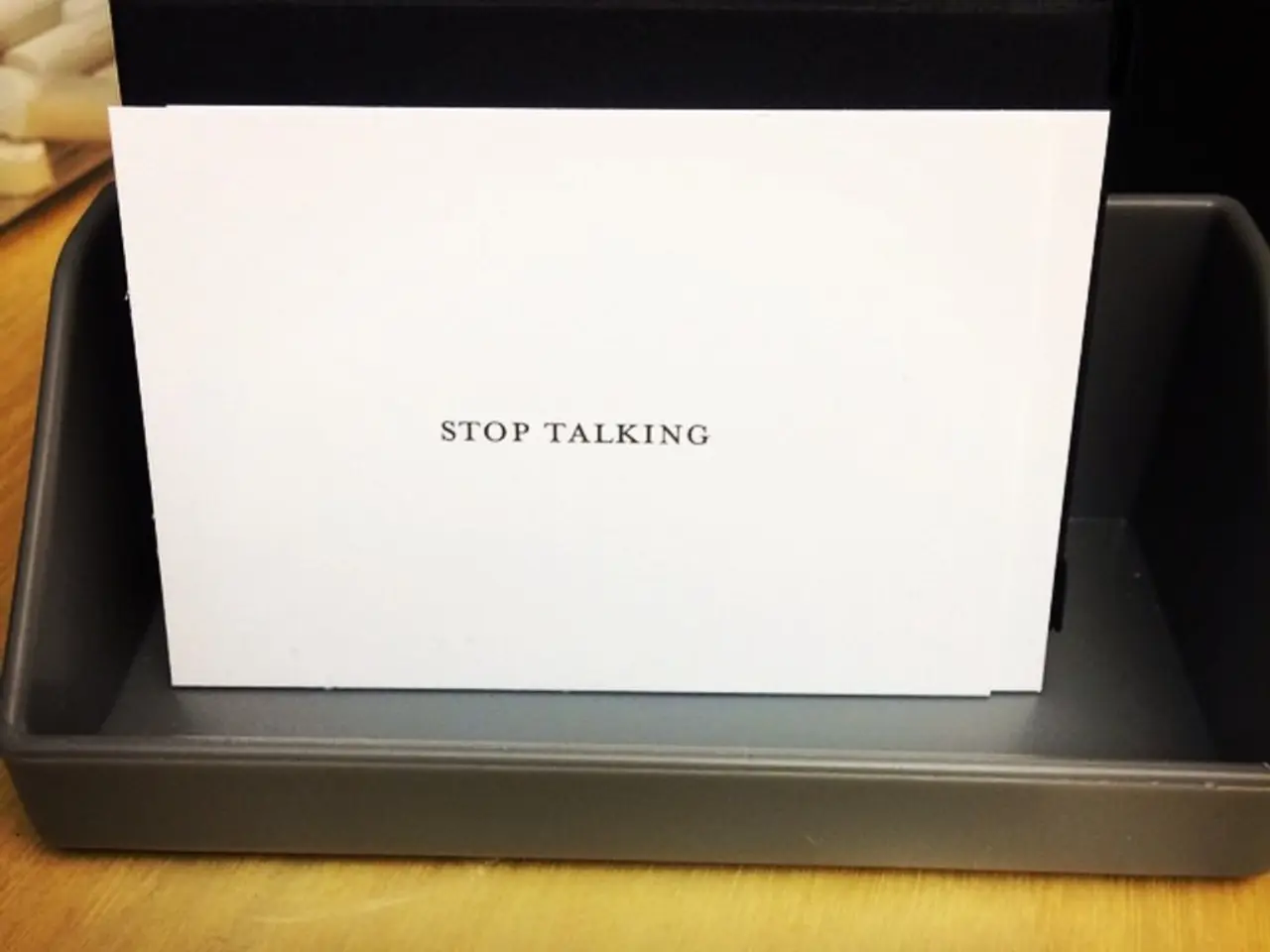AI-generated blunders in a murder trial by an Australian attorney, including fabricated testimonies and fictional legal implications.
In a recent development, a senior lawyer in Australia has apologised for submitting legal documents containing AI-generated fake quotes and non-existent case judgments during a murder trial. The incident, another example of mishaps caused by AI in justice systems around the world, has raised concerns about the reliability of AI-assisted legal research.
Justice James Elliott, presiding over the case, expressed concern about the accuracy of submissions made by counsel. He stated that the court's ability to rely upon their accuracy is fundamental to the due administration of justice. The errors caused a 24-hour delay in resolving the case.
The lawyers admitted that the citations "do not exist" and that the submission contained "fictitious quotes." They mistakenly assumed that the other citations in their submission were accurate. The court documents do not identify the generative artificial intelligence system used by the lawyers.
In a similar case in the United States in 2023, lawyers were fined for using ChatGPT to submit fictitious legal research in an aviation injury claim. The High Court’s King’s Bench Division in the United Kingdom has also publicly warned lawyers about the dangers of submitting AI-generated fake legal citations.
Justice Elliott stated that it is not acceptable for artificial intelligence to be used unless the product of that use is independently and thoroughly verified. Judge P. Kevin Castel, in a comparable case, credited the lawyers' apologies and remedial steps in explaining why harsher sanctions were not necessary.
The Supreme Court of Victoria released guidelines last year for how lawyers should use AI. Despite these measures, the incident serves as a reminder of the need for rigorous verification standards and the potential risks AI poses to judicial integrity and public trust.
References: 1. AI-Generated Fake Legal Citations Cause Stir in Supreme Court of Victoria, Australia 2. AI in Legal Research: Risks and Rewards 3. The Risks and Opportunities of AI in the Criminal Justice System 4. AI-Generated Fake Legal Citations in the UK High Court 5. The Impact of AI on Court Efficiency and Accuracy
- The court documents did not reveal the AI system used, but this incident stresses the necessity for lawyers to verify AI-assisted legal research outputs to maintain judicial integrity and public trust, as per the Supreme Court of Victoria's guidelines.
- The incident in Australia highlights the concerns about AI-assisted legal research, as the court's ability to rely on the accuracy of AI-generated citations is crucial for the due administration of justice, similar to the UK High Court's warning and the US case involving ChatGPT.




